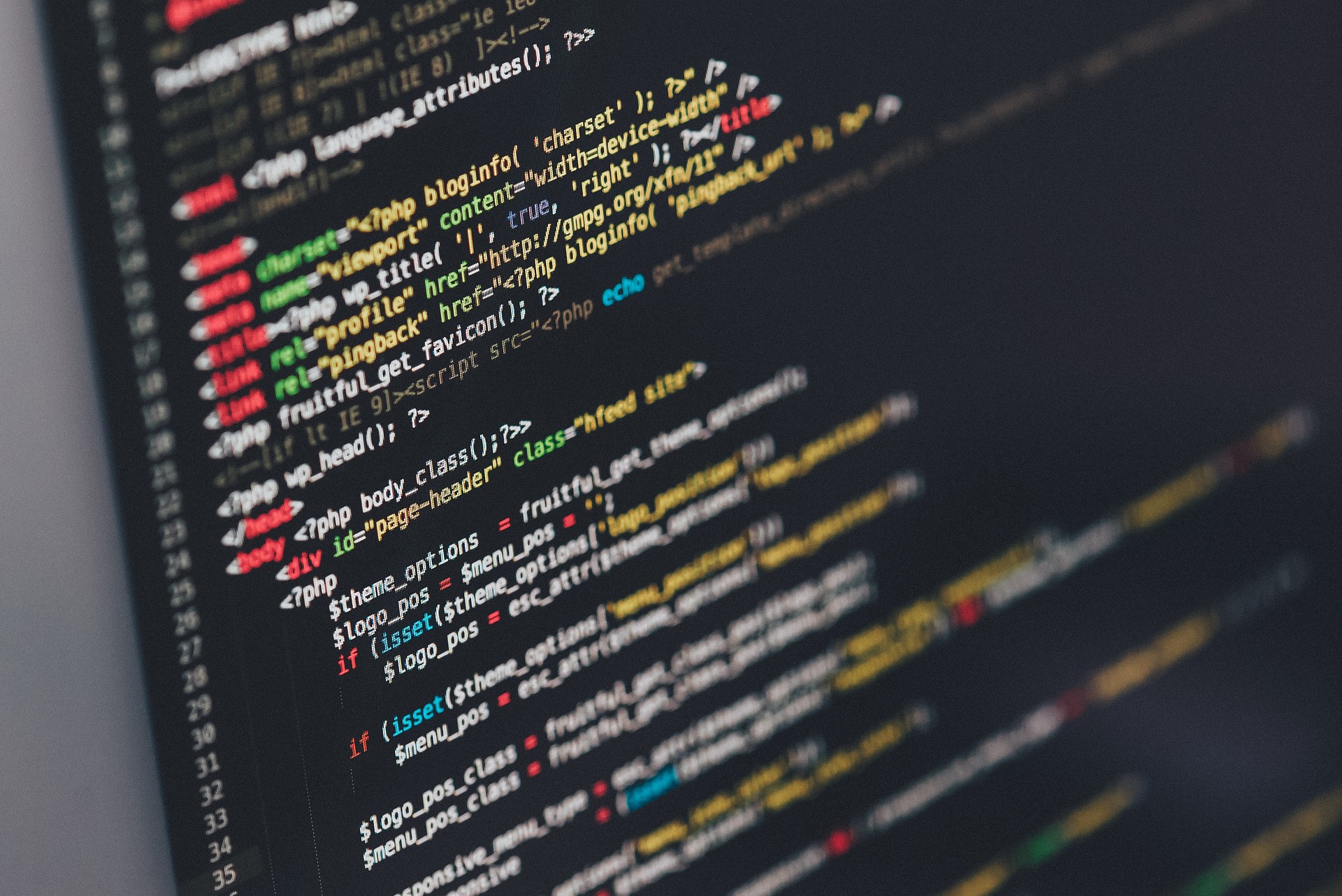
Editor's Note: This article comes fromCarbon chain valueEditor's Note: This article comes from
(ID: cc-value), Author: Carbon 14, released with authorization.
BCH is about to undergo a hard fork. After a day of information explosion, the carbon chain editorial department is going to briefly talk about its own observations and some superficial views.
secondary title

Hashrate & Price: Some Obvious Things
In terms of computing power, everyone has seen that the Coin Dance website shows that the computing power (CoinGeek, SVP) that CSW can directly control has reached more than 60%, plus those mining pools that support him, such as BMG, Mempool, etc., CSW The computing power support obtained is as high as 75%, which is enough to launch a 51 attack. This may be because CSW has rented a large amount of computing power, and at the same time has attracted Bitmain's competitors to deploy computing power.
I don’t know if it’s because of concerns about CSW’s overall dominance of computing power. Amaury Séchet, a familiar developer of Bitcoin ABC, also tweeted today: “Modifying PoW is a nuclear weapon to some extent, and I’m not willing to use it. But I Will use it as a last resort in case the majority of miners turn hostile. We should be prepared for that.”
In terms of price, according to Pnet data, the transaction price of BCH (SV) is about 0.032 BTC, and the transaction price of BCH (ABC) is about .045 BTC. Yesterday, the price of SV was only a quarter of that of ABC, but today SV rose by nearly 100%, while ABC fell by 30%, so the price gap between the two parties has narrowed significantly. At some point today, the price of SV even surpassed that of ABC. This has also become a hot topic among SV supporters.
However, after the price of SV overtook, the price of ABC has risen, and now maintains a premium of more than 25% over SV. SV has not crushed ABC in terms of price like computing power, which may give ABC supporters some comfort.
secondary title
annoying political lobbying
Obviously, we can see that some KOLs are taking the rhythm and inciting others to shout slogans, but they may not be clear about the interests and struggles involved. (We don't know if things will become like this in China... It seems that everyone thinks they are righteous, but we can obviously feel that their logic cannot be self-consistent in the face of criticism.)
In fact, the line struggle we can see so far is just an appearance, and this fork may have a more complicated conflict of interests. After all, nchain holds a lot of Bitcoin patents based on version 1.0, and it is in their best interest to return to the classics. We can't judge whether there is a desire to harvest behind CSW's righteous and stern return to the classics. (At the same time, there are too many BCHs in Bitmain's hands, and it is also very speechless to turn BCH into or make their own company currency.)
secondary title

BTC and BCH have a huge computing power arbitrage space

The data from Coin Dance also shows that mining BTC can earn more than 30% more profit than mining BCH.
This seems to explain why non-SV mining pools are shrinking. ——Because mining BCH at this time does not make much money. There is a huge computing power arbitrage space between BCH and BTC, and it is obviously not market behavior behind it, but CSW’s lease subsidy.
secondary title
The eerie calm of Bitmain
The weirdest thing is that before this decisive battle, Bitmain seemed surprisingly quiet in the face of CSW lunatics. The BCH developer team inside Bitmain did not express their views on this matter, and Wu Jihan's personal remarks are far less tit-for-tat than CSW.
At the same time, many people wondered why Bitmain could tolerate 75% of BCH's computing power by its opponents the day before the fork. Is it because the combat power was deployed too late, or because the big move was held back to use later, or because of other reasons. These are as yet unknown.
It is worth noting that in the face of the decisive battle of computing power, the most important thing is not the computing power of BCH's entire network, but the computing power of the entire SHA256 algorithm currency group. This computing power pool includes Bitcoin, Litecoin Cash, Namecoin, etc. At least 11 digital currencies. At present, the computing power of the entire BCH network is about 5E. However, the total network computing power of the SHA256 algorithm currency is 60E. That is to say, although the computing power already deployed by CSW accounts for 75% of the entire BCH network, if Bitmain uses the computing power of other SHA256 currencies (the computing power of AntPool on BTC alone reaches 6E), It will be very difficult for CSW to launch a 51% attack.
We interviewed Zhu Wei, the co-founder of Coinin Pool yesterday. He believes that planning to fight hard is a waste of money for both parties and the gain outweighs the gain. If the computing power war cannot be fought, this hard fork will eventually become a war between nodes.
At present, the distribution of ABC nodes accounts for 95% of the entire BCH network. If it becomes a war between nodes, ABC will undoubtedly crush SV. In addition, the entire ecology supports ABC, so no matter what the result is, CSW will not be able to take the name of BCH in the end. (Of course, we also don't know if he wanted the name.)